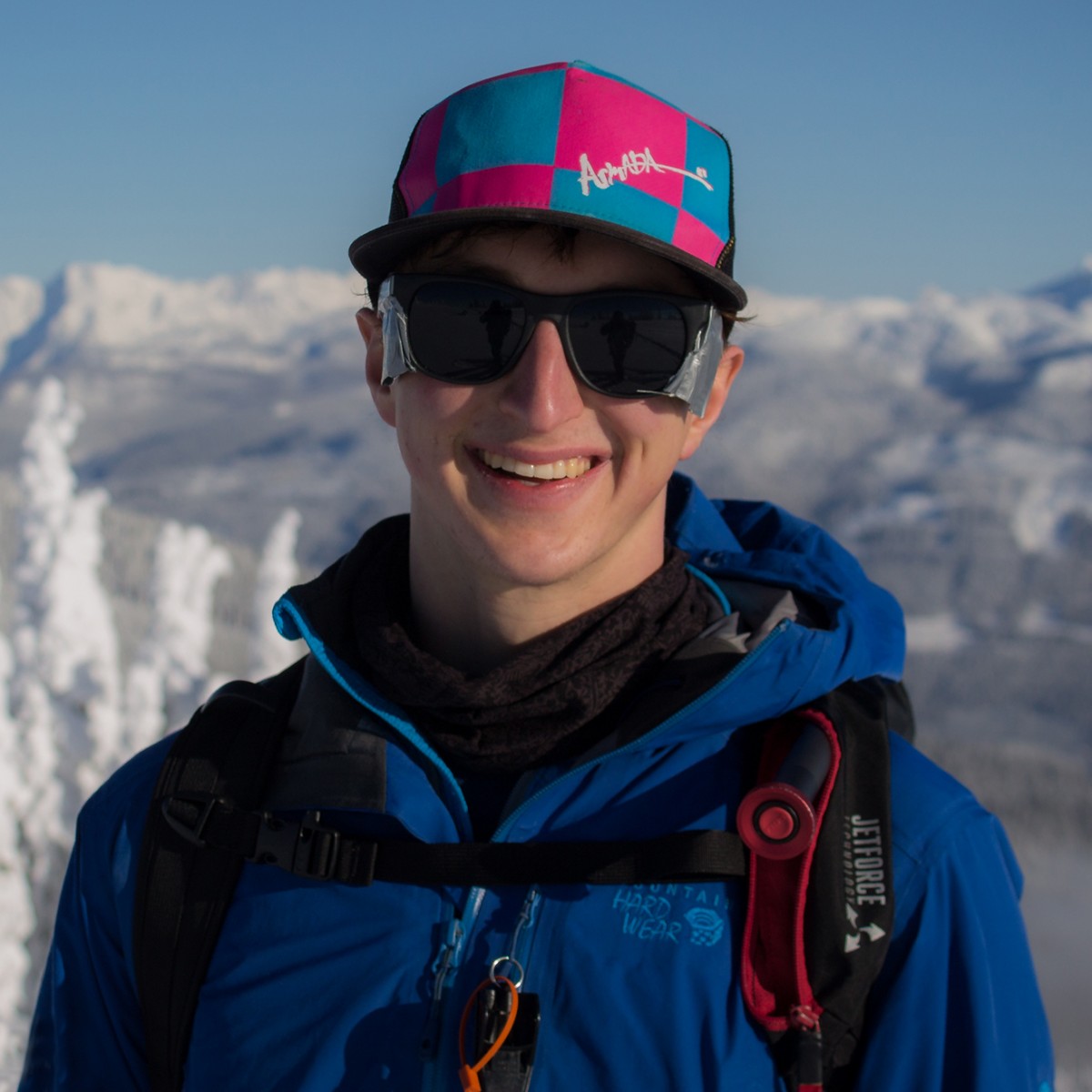
Gabe Carpendale, Undergraduate Research Ambassador, will spend the summer on the music festival circuit as part of the Undergraduate Research Experience Award Program.
Summer is officially underway, which leaves us with the age-old question: Is it possible to make some of BC’s most popular music festivals even more chill?
Supported by a $4,500 Undergraduate Research Experience Award Program scholarship, Gabe Carpendale will spend his summer on the BC music festival circuit, as a scholar rather than a party-goer. While the Nelson, BC-native is no stranger to the festival scene, assessing them from this vantage point has already been an eye-opening experience.
The project, “Human Development in Alternative Leisure Contexts,” took Carpendale to Sun Peaks’ Snowbombing festival in April, and he plans to attend Bass Coast in Merritt, BC, and Shambhala in Salmo, BC, provided he can make the timing work with his other summer job as a firefighter with the BC Wildfire Service.
> Read: 26 students spend summer as funded researchers, InsideTRU, April 13, 2017
Much of Carpendale’s research is observational and interview-based, meaning he notes the engineering that goes into producing the festival — its stage design and lighting, for example — and talks to festival goers.
> Read: All set to contribute to TRU’s research community, InsideTRU, April 21, 2017
There is evidence to suggest partiers enter a flow state, or a state of extreme focus and increased happiness, similar to the euphoria experienced by adventure athletes when they’re put in risky situations. Carpendale, who completed his Adventure Guide Diploma before embarking on a Bachelor of Interdisciplinary Studies, says that many of those who are drawn to the adventure sports — skiing, mountain climbing, biking — are also often drawn to music festivals.
“There are aspects of music festivals that trigger this same state of flow, but instead of using risk as a trigger, they’re using other things, like connections with people, and the visuals, lights, and the set-up of the stage,” he said. “I think festival organizers want to know how they can tailor the festival and its environment to help their participants have a better experience.”
“Adventure and music go together,” Carpendale said, explaining that since little research has been done on music festivals, he’s hoping that this project brings something new to the conversation.
“I’ll be looking at belonging practices — the things people do, like dressing up in costume — that bring them closer together, and how that’s similar to the adventure context, where almost all activities are done with other people,” he said.
And by better understanding what draws people in and creates that sense of belonging and euphoria, festival organizers might be able to create better events.
“People love the stages that are surrounded by nature, with the moon above and the lights shining off the trees and the sound of water. That’s the great thing about BC music festivals is that most of them are surrounded by nature, and that’s as much a part of the event as the music.”

